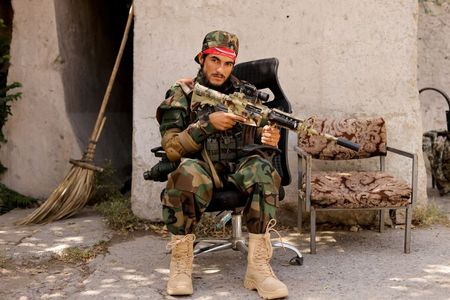
How Long Can The Taliban 2.0 Last

The lightning speed with which the provincial capitals in Afghanistan, starting early August, fell in quick succession, leading the Taliban fighters to Kabul by mid August 2021, belying all predictions of various security analysts and western intelligence agencies – who had predicted Kabul to fall within six months, became a cause celebre᷇ for Jihadist movements worldwide. The Taliban 2.0 well tutored in perception and media management by Pakistan ISI made announcements of apparent amnesty for those who had worked for the erstwhile government, promised to not let Afghan soil be used for terror activities against other nations, and declared that women will be allowed to participate in governance as per the Islamic law.
However, as more details about the Taliban regime came up it was revealed that it had little interest in keeping these promises. If any doubts were left, they were cleared when Taliban declared the names for its cabinet – it was dominated by Pashtuns with little representation from ethnic minorities, there were no women, the hardliners had usurped the most important ministries having sidelined relatively moderate figures like Abdul Gani Baradar. Taliban decided to inaugurate their government on the 20th anniversary of the 9/11, apparently to cock a snook at the US. However, this decision was later reversed.
It is natural for analysts to ask questions if the Taliban 2.0 will last and if so, then how long? The stability and sustainability of Taliban regime will depend upon three basic factors—the security situation within the territory it controls, the economic sustainability the regime can provide and the international recognition the regime can garner. The security situation is the most important factor for Taliban regime to achieve economic sustainability, international recognition and governance, though governance by itself is not a deciding factor, for the people in many nations endure poor governance and state repression.
Taliban is not a monolith or a unified hierarchical organization; it is rather a mélange of various armed groups who share certain common Islamist ambitions. It has various ethnic warlords with their militia; the importance of the warlord being directly proportional to the number of fighters in his militia. It has the Haqqani network under control of the ISI as also elements which have earlier been with Al Qaeda and ISKP. Though Taliban has claimed to have broken all relations with Al Qaeda, linkages still exist based on shared Islamist ideology.
Taliban also has among its ranks various foreign fighters and doesn’t know how to send them back to their respective countries. After the capture of large swathes of territory, boredom will set in and the militia leaders will have little work and financial gains due to the economic situation. Infighting by these groups to outdo each other and gain prominence and power within Taliban cannot be ruled out.
The recent attacks by ISKP- a more rabid version of the Taliban, on a Shia Mosque in Kunduz killing more than 100 people have the potential of starting a civil war. The ISKP considers Shia as heretics and Taliban as not radical enough. The challenge posed by ISKP attacks has already increased and if not tackled will make security situation precarious.
The Taliban being a predominantly Sunni group has some fighters and militia leaders who abhor Shias and continue mounting attacks on Shias of the Hazara community. A large scale violent reprisals by these elements against the Shias or a walk over to ISKP remains a distinct possibility. Here Iran- which not only has ethnic ties with the Hazara community as well as Helmand River water sharing dispute with Afghanistan may come into the play. It may, in addition to the Fatemiyoun militia, prop up another Shia militia groups from among the Hazara community who can destabilize the security situation since the Taliban has been exceptionally brutal in their reprisals against the Hazaras.
Similarly, the relations between Tajikistan- which has kinship ties with the Afghan Tajiks- who form 25 percent of Afghan population- and the Taliban have been strained since the rise of the Taliban. In recent weeks, Tajik and Taliban officials have traded vitriolic barbs regarding the Taliban not keeping its promise of an inclusive and representative government. Emamoli Rahamon, the Tajikistan President on 23 September 21 said in the UN that the rise to power of the Taliban, which was listed as a terrorist group by the United Nations Security Council, had further complicated the region’s already complex geopolitical process. If the relations between the two neighbors deteriorate further interference from Tajikistan could also be expected.
While Uzbekistan also has kinship ties with Afghan people and shares border with Balkh province it has taken a call to not get involved in the quagmire and has decided to follow the line taken by CSTO leader Russia. Northern Alliance fighters have regrouped and recognized Amarullah Saleh as acting President. Saleh has many admirers in West as well as Tajikistan. Saleh is said to be in Panjshir but he could well be in Tajikistan. If this group can garner more support from Tajikistan and Uzbekistan, they can be potent threat to Taliban.
Afghanistan is facing a perilous economic situation after Western powers suspended foreign aid, and the World Bank and the International Monetary Fund also halted payments due to the invasion of the country by the Taliban. Around US$ 9 billion of the Afghan Central Bank were also frozen by the Western powers. Afghanistan’s economy is primarily agriculture based but it forms less than 30 percent of the GDP; 70 percent of it is based on aid from western sources.
The Taliban does run a poppy cultivation-based drug economy but that can provide only a miniscule contribution to the exchequer. While the Western donors have pledged more than US$ 1 billion in aid, they have expressed hesitation as well as concerns over how the aid will be utilized under the Taliban regime and the security of aid workers. The inflow of economic aid would tantamount to indirectly recognizing the Taliban regime.
Most international powers are loathsome to recognize Taliban till it commits to global standards of human rights, safety and equality of minorities. The revival, thus, of the economy and defreezing the restrictions imposed by international financial institutions depend on the security situation and the recognition of the Taliban regime. Even then, Taliban will find it difficult to provide employment to thousands of youths and pay another thousands of its fighters without a steady flow of cash into its coffers. Also, the Taliban lacks any technocrats among its ranks who can steer the extremely complex processes of a nation’s economy. This makes the long term sustenance of the economy doubtful.
Governance is not a simple issue as ruling over a territory. Modern day governance is a web of complex issues and process which requires a plethora of diverse multi disciplinary skill set even in a backward, underdeveloped nation. Taliban hardly possess any of these skills and capabilities. At best Taliban can provide a rural kind of governance reminiscent of the 18th century. Taliban has no technocrats at the senior level who can lay down the policy, implement and monitor it using the modern tools. There is nobody amongst the Taliban who understands the nuances of macro and microeconomic policy, monetary and fiscal issues; nobody who can lay down and implement a health care policy.
In addition, there are numerous other governance issues like electricity, water supply, hygiene, telecom and aviation about which Taliban remains clueless. Most underdeveloped nations except those who are under strict sanctions or have unstable and dangerous security situation receive aid and grants from national and international organizations for improving various matrices of the human development index. However, the security situation, denial of basic human rights and adherence to ultraconservative Islamic code that prohibits participation of women in the society may preclude the grant of any such aid. Secondly, the donors also apprehend that the aid could be usurped by the Taliban and may not reach the needy people.
During the UN sponsored donor conference, Heiko Maas, the German foreign minister expressed concerns about the aid agencies getting ‘proper access’ and the aid workers- which would include women, being able to carry out their work without fear of intimidation and tyranny by the Taliban. Ameliorating the lot of immiserated Afghan people and preventing a socioeconomic collapse without in any way recognizing or strengthening the Taliban’s new administration remains a moral dilemma as well as a daunting challenge facing the democratic world.
For any nation, to participate in the international governance structure of today and benefit from the globalized economy, global recognition of the regime is an essential prerequisite. However, due to the past history of support /participation in major terror activities and a blemished record of human rights including women rights most countries have not recognized the Taliban 2.0. Another reason for not being able to win global recognition is the failure to form an inclusive representative government where all sections and groups of the country find a place.
Taliban 2.0 is dominated by the Haqqani networks and other Islamist hardliners. The comparatively moderate face of Taliban- Abdul Gani Baradar, who led the Doha negotiations and was used to project Taliban 2.0 as a reformed and acceptable religious extremist groups, has been relegated to an inconsequential role in the new government.
The participation of women in all walks of the society and equal rights for ethnic and religious minorities remain high on the agenda of the West, something the Taliban is unwilling to relent to. This may be a major hurdle to recognizing Taliban 2.0. Afghanistan under Taliban 2.0 may at the best continue to remain an international pariah- which will cause extreme hardships for its citizens arising out of the escalated security situation, poverty and denial of basic services.
In the worst case scenario, the security situation can reach a tipping point where US interest in the region and the world care attacked by terror groups originating or being supported from Afghan soil. In such a scenario, while a 2001 redux remains possible though highly unlikely due to the lack of US domestic appetite for far away wars, the US still retains significant over the horizon capability in the region to take out terror targets inside Afghanistan, which can unseat the Taliban 2.0 from Kabul.
For the US, Taliban’s links with other terror groups opposed to US and its western allies remains the biggest impediment in recognizing Taliban. Many Taliban leaders are designated terrorists and carry huge US government announced bounties on their heads. So far, the US has been unwilling to reversing these bounties. Many Western experts have predicted that Taliban, in view of its firm belief in the Islamic ummah (Global Islamic Nation) and its continued linkages with Al Qaeda and many other terror groups who are relentless in their violent attacks against the West, and continuing executions of US allies in Afghanistan can compel US return to Afghanistan like the 2014 return to Iraq, albeit at a reduced scale.
However, the altered logistical and political realities in and around Afghanistan may hinder the US return to Afghanistan. Russia and China who have from the beginning been opposed to US presence in Afghanistan will leave no effort in blocking US efforts to return. For this, China and Russia both are vigorously engaging the new regime in Kabul using all tools in their diplomatic tool kit from persuasion, economic inducements to threats to form an inclusive government ensuring participation of all ethnic and religious groups and sections of the society- which is more acceptable internationally and qualifies to be recognized by at least some nations.
Whether the US returns to Afghanistan or not or how long the Taliban regime will last, is akin to crystal ball gazing, but the development in Afghanistan has clear implications for the security of India- especially in the frontier territories of Jammu and Kashmir and Ladakh. After their rise in Afghanistan, thousands of Taliban fighters are at present twiddling their thumbs.
Also, the fact that the Taliban is under the influence of Pakistan ISI, makes it extremely easy for the Pakistan’s deep state to divert these out of work Jihad fanatics towards Jammu and Kashmir. Despite strong counter infiltration measures adopted by the Indian Army along the Line of Control, an uptick has already been observed in the infiltration attempts from across the Pakistan Occupied Kashmir. Also, significant increase in violent attacks against political activists and members of religious minority have been witnessed in the last month or so. India’s security apparatus definitely needs to be alert, latch on to early indicators and modify and calibrate its response to sustain the hard won peace in Jammu and Kashmir.
*****************
Disclaimer
The opinions expressed in this article are the author’s own and do not reflect the views of Chanakya Forum. All information provided in this article including timeliness, completeness, accuracy, suitability or validity of information referenced therein, is the sole responsibility of the author. www.chanakyaforum.com does not assume any responsibility for the same.
Chanakya Forum is now on . Click here to join our channel (@ChanakyaForum) and stay updated with the latest headlines and articles.
Important
We work round the clock to bring you the finest articles and updates from around the world. There is a team that works tirelessly to ensure that you have a seamless reading experience. But all this costs money. Please support us so that we keep doing what we do best. Happy Reading
Support Us



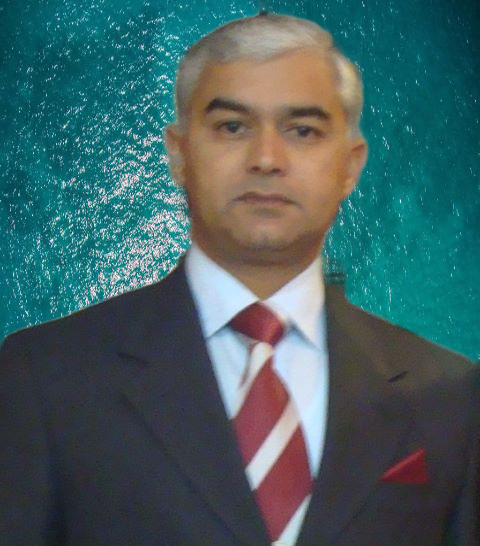

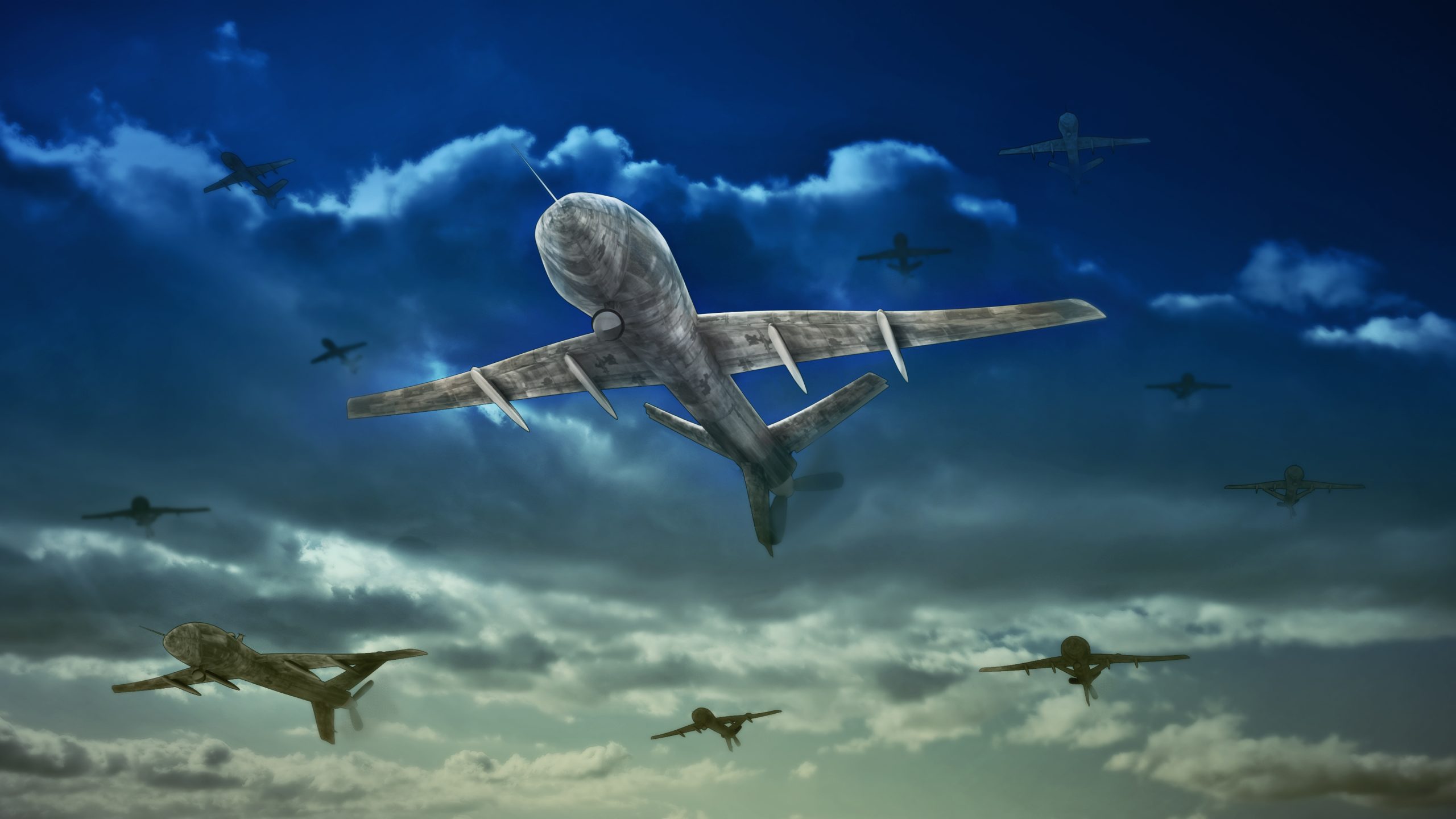

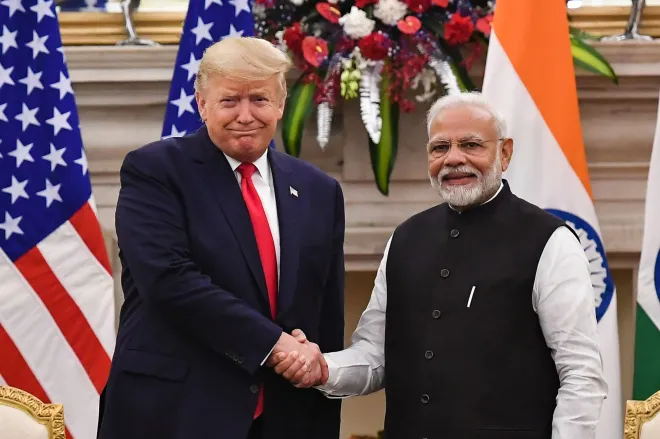
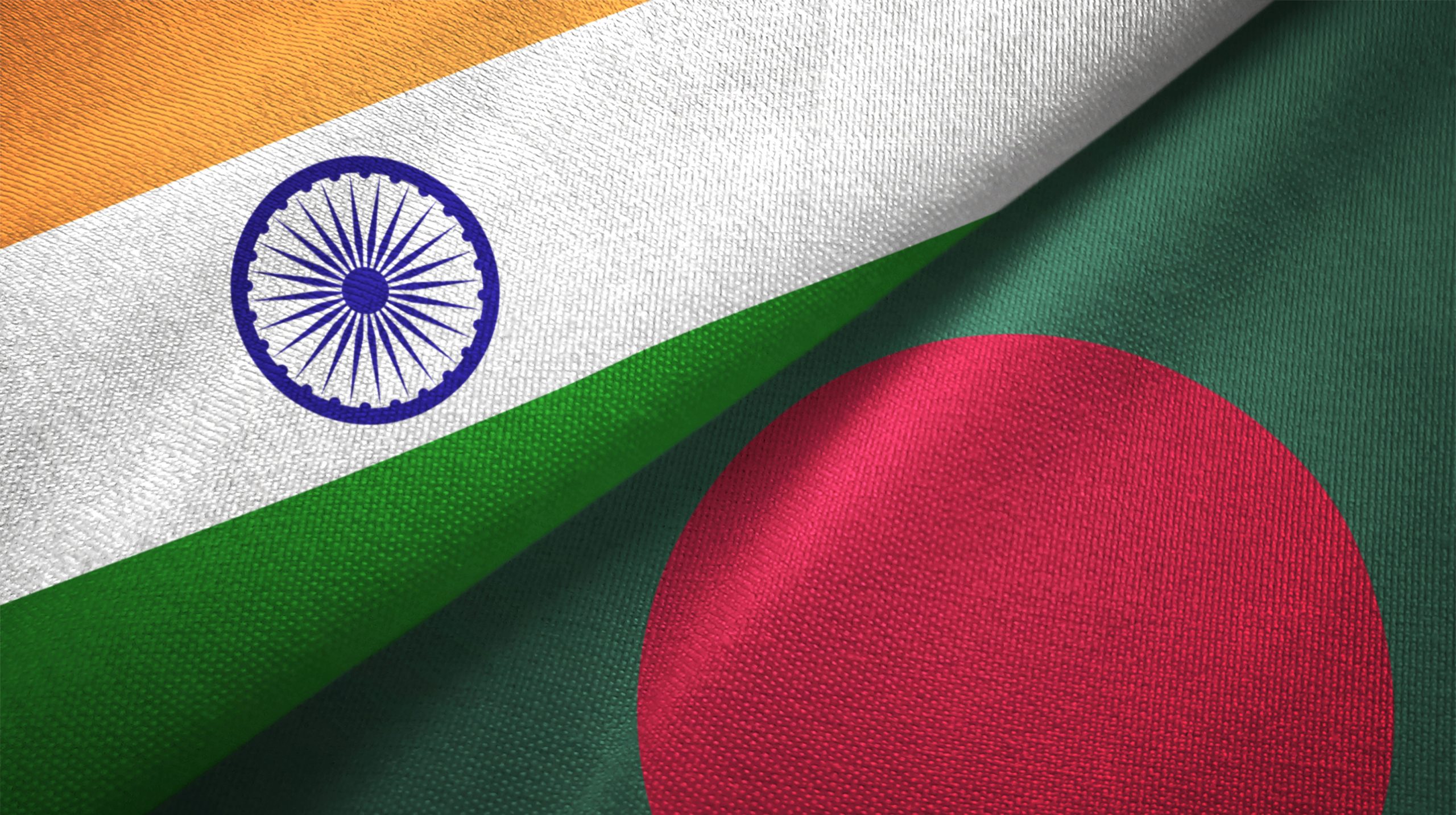
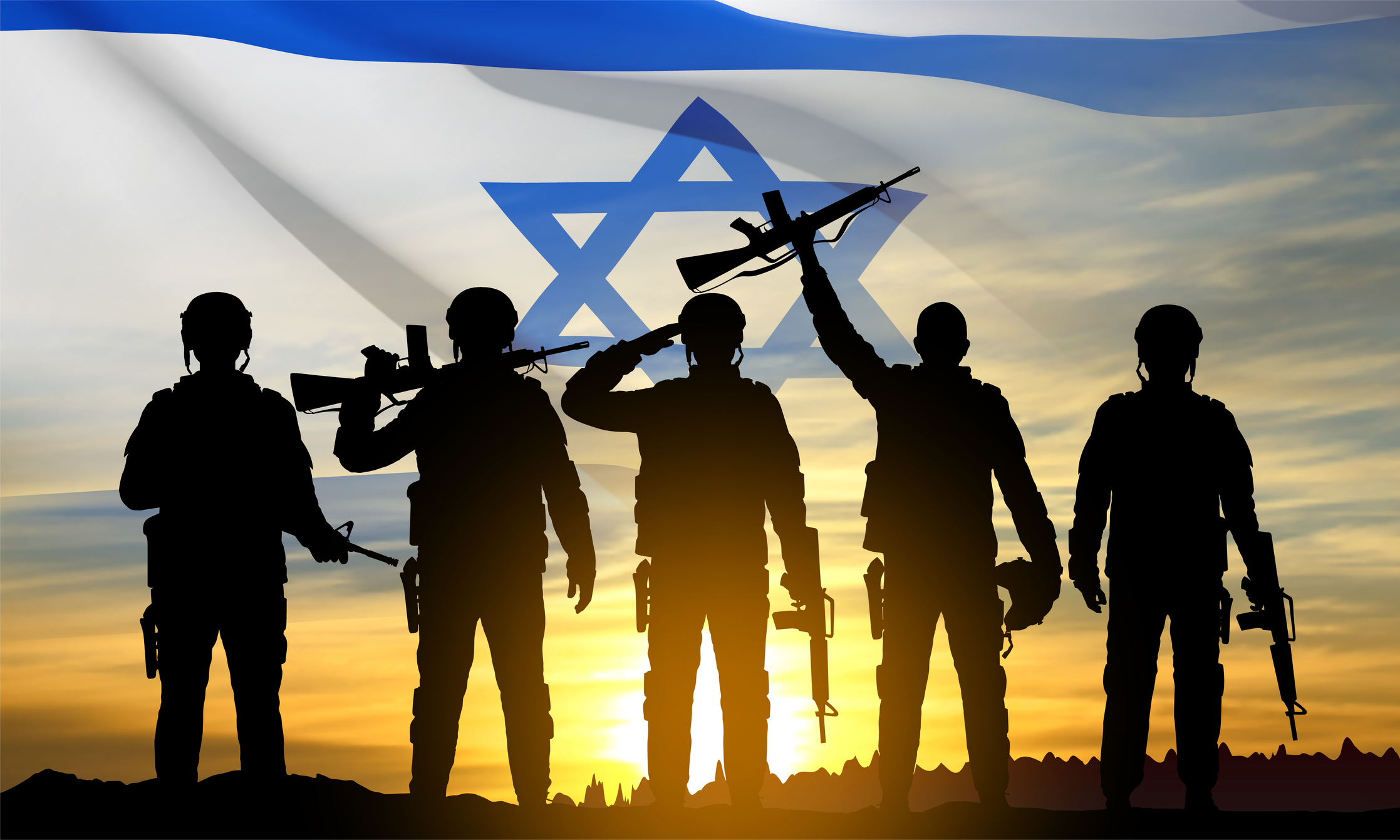
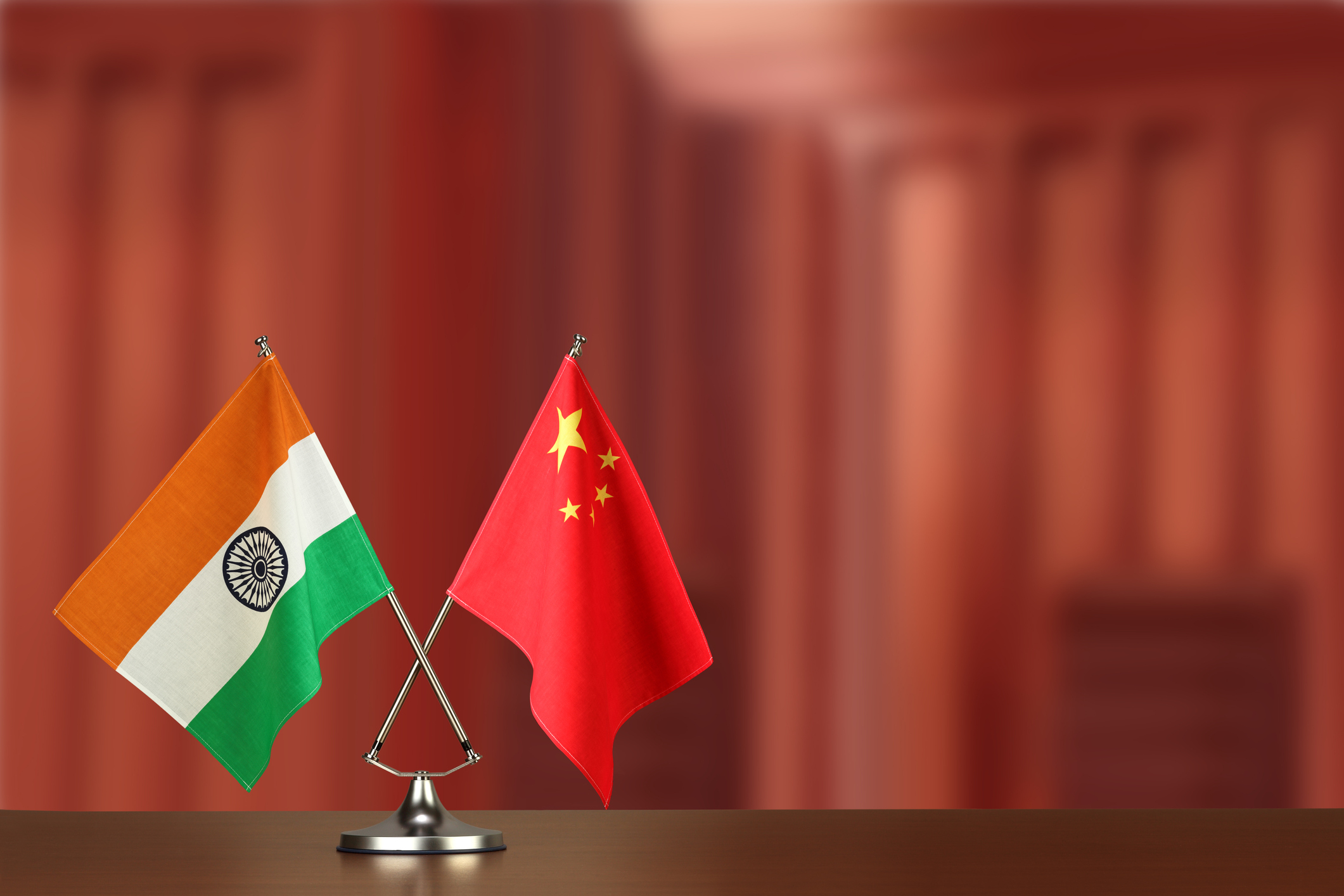

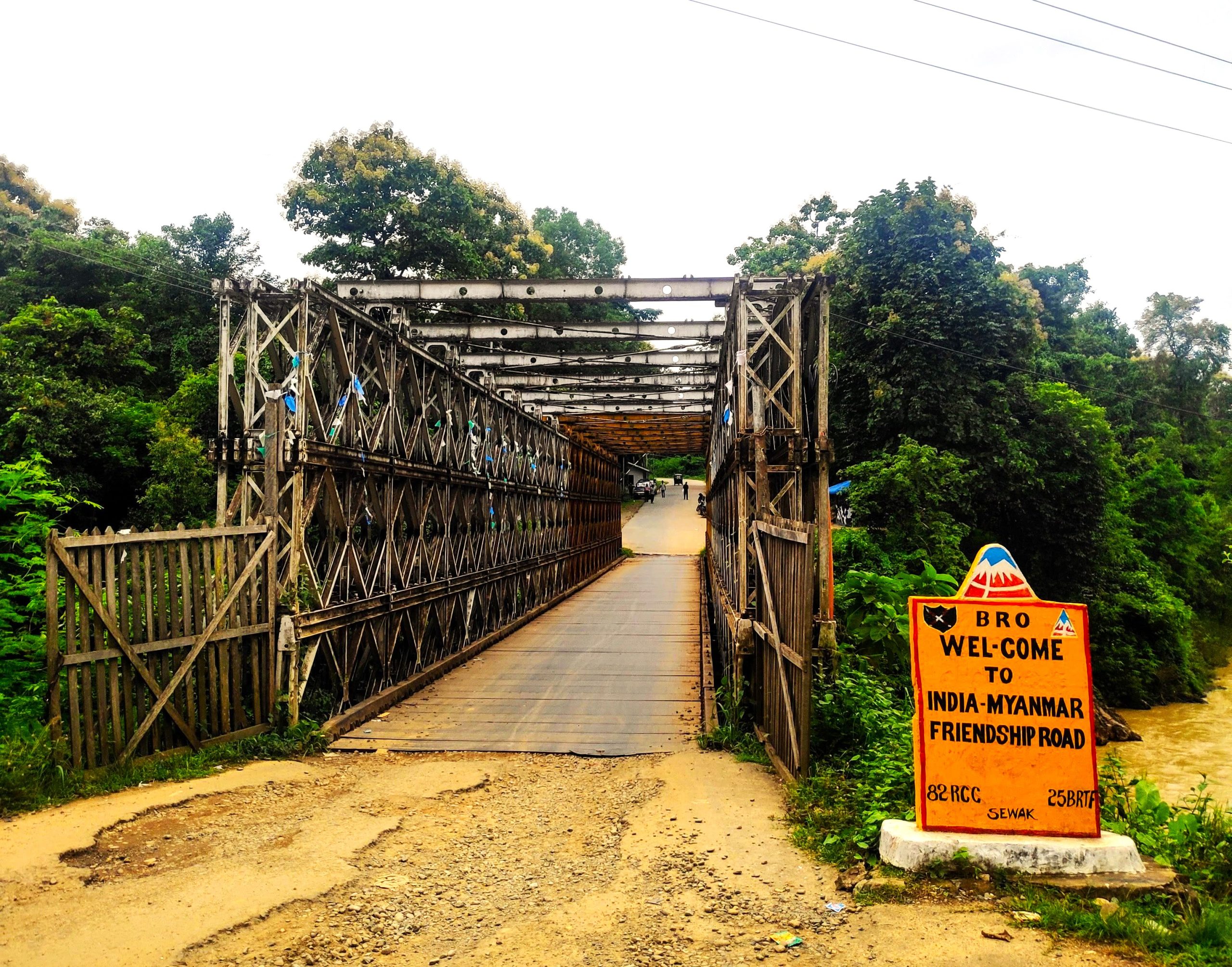

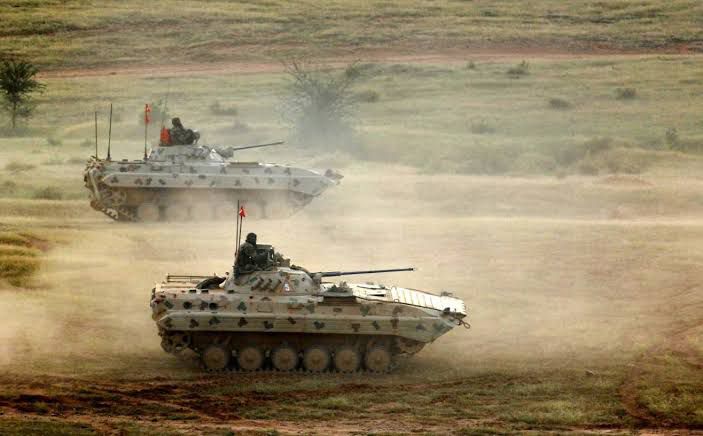






POST COMMENTS (28)
Sanjeev Kumar
Anju kaul
Monika Verma
A
LtVol KSN Sukumaran (Retd)
Maj Gen Arjun Sharma (Retd)
A B Chandra, Veteran
Subhash Pandey
Col Vishu Bhatnagar
Gayatri Singh
Dr Sukhvir Singh
Maj Gen Arjun Sharma
Brig Deo Raj Singh SM
Rajesh N.
Anurag Jyoti
Manish Kumar
Lt Col T D Singh
Gaurav Gupta
VIPUL GUPTA
D K Singh
Col Sushil Kapoor
Brig Maninder Singh
Brig AK MAINI
Gururaj
Col Rohit Rajpal
Balveer Rathore
Deepak Talwar
Bhupesh